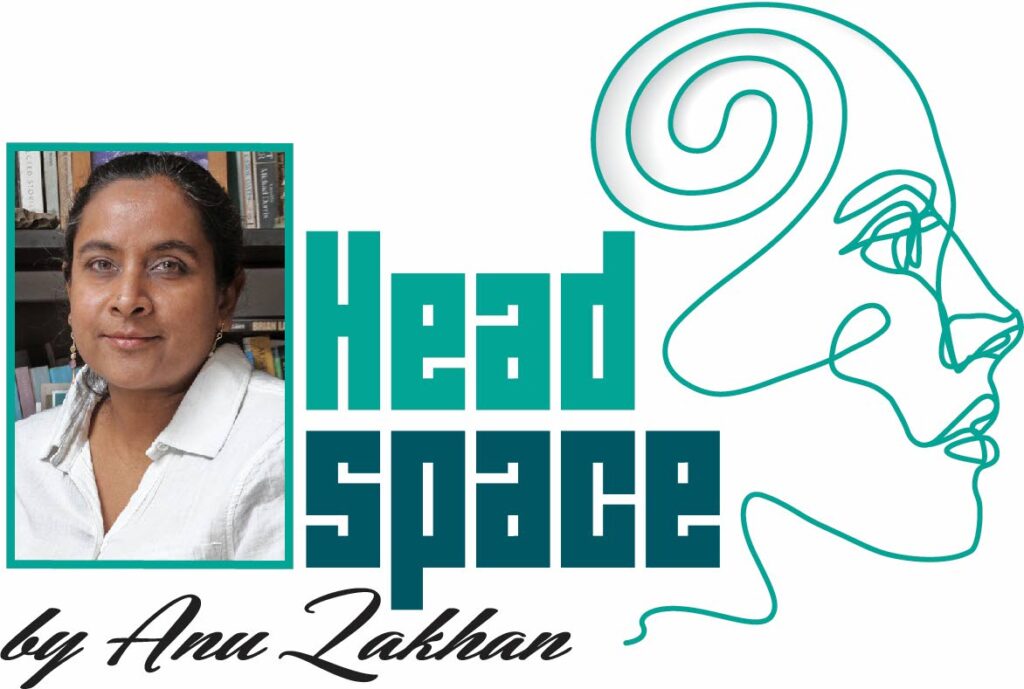Testing, testing: on online diagnosing

You are complex. You are complicated. To understand you – or for you to understand yourself – takes time, takes looking at you from multiple angles, takes so much understanding of your history, environment, and innumerable other variables.
You are not a carrot.
Let me explain by way of a worst-case scenario. (Not that you need to be convinced you’re not a carrot but hear me out.)
When I was in secondary school, working on our school news bulletin, I suffered from a severe case of flippancy.
I’d read so many magazine articles that asked if I wanted to know what my favourite colour said about me. Did I know which movie star I was most like? Did I want to find my true love via horoscope signs?
I didn’t believe they knew anything about me, but they were fun and good for a laugh.
I was compelled to parody this foolishness. I made up the most absurd questionnaire, titled: What Your Favourite Vegetable Reveals about You. I remember it as being hilarious and witty – in that special arrogance of teenage misfits.
It was just so funny – exactly up to the point at which I saw two girls reading it and really thinking that it reflected who they were.
It never occurred to me that anyone would take it seriously. I wanted the earth to swallow me.
Somewhere out there, there may still be a girl who thinks the carrot is her spirit-vegetable and one who thinks hers is a cabbage.
Which brings us to the present and to the tests, quizzes and questionnaires you can find online. Specifically, the ones that have to do with mental-health diagnoses. Not the ones that are palpably ridiculous, like my vegetable one. Not ones like the examples from the magazines.
Not the ones in which sloppy generalisations are made – the ones that say you have social anxiety just because you answered that you don’t like birthday parties. Or that you have an eating disorder because you said you like sweet breakfast cereals. We’re going to full-on ignore those and move on.
Let’s say we are worried something’s not right. We don’t want to go to the doctor. We don’t especially want to confide in anyone.
But we do want to know if something is wrong.
There are lots of serious sites that offer online diagnoses.
I start feeling comfortable when I see a disclaimer that reminds me that taking the test does not take the place of a consultation with a real therapist or psychiatrist.
Some sites will offer names and numbers for services that provide help for those who, after taking a test, have concerns or are now possibly panicking about what the proffered results point to. Tests for suicidal risk, depression, anxiety, substance abuse and PTSD are some of the places you should get that extra bit of support.
I am not a fan of self-diagnosis. Online diagnosing reminds me of looking at the results of my blood tests – sure I can read it, I can see the figures and the ranges – but do I know what it means? Do I know what it means in the context of all the things that make up my physical health right now?
No. No to the hundredth degree.
There are serious, well-managed sites that offer screening for various mental-health problems. Screening can encourage you to seek in-person help. It is still not a full diagnosis, and the best it can do is point you in the direction of a clinician.
The most robust of the online tests are the ones that use the same tools your doctor will. There are standardised tests that have been developed with rigorous scientific study and some of these are online.
But once again, does that mean doing it yourself, by yourself, is the best course?
You can measure yourself using an online instrument, but do you understand the overall implications of the results? Or, more importantly, can you trust yourself to be completely honest in your answers?
The unexpected thing I learned when I started looking at the reliability of online tests was the overall importance of the questions – the ones they ask and the ones you ask. It is relevant to online and in-person treatment, and it reminded me of what I should be asking as a patient and what I should expect my clinician to ask me.
We need to learn to be discerning readers. We also need to up our game as patients and not simply accept the first thing we’re told. The answers are not all going to come from one place.
Remember to talk to your doctor or therapist if you want to know more about what you read here. In many cases, there’s no single solution or diagnosis to a mental health concern. Many people suffer from more than one condition.


Comments
"Testing, testing: on online diagnosing"